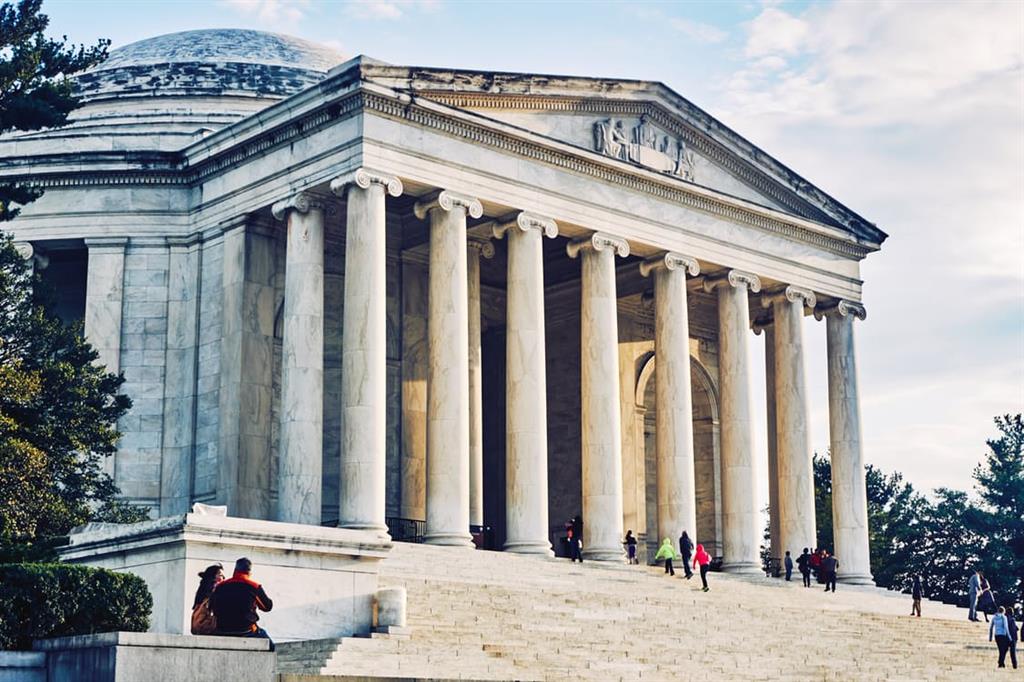Sign up for the Family Tree Newsletter! Plus, you’ll receive our 10 Essential Genealogy Research Forms PDF as a special thank you.
Get Your Free Genealogy Forms
"*" indicates required fields
Look at the cluster idea from another perspective. Successful genealogists use more than a one-person-one-name-only approach to research. If Ann’s birth, along with her parents’ names, was not registered in public records, you have to look for her parents’ names in other documents. If you look only for records that say “Ann’s parents were X and Y,” you may never find your answer. The question may require a more creative approach—branching out into Ann’s cluster to identify and study her relatives and, if necessary, her friends, neighbors and associates. You can read case studies illustrating this process in The Sleuth Book for Genealogists (Betterway Books, $18.99) and the National Genealogical Society Quarterly (included with $40 annual NGS membership; www.ngsgenealogy.org, 800-473-0060).
You collect part of the cluster all the time—siblings. After all, one principle of successful genealogy is to study each generation of siblings. Because you work backward in time from yourself, you gather information first on yourself and your siblings. Then, you study your parents and their siblings, your grandparents and their siblings, and so forth. Remember, genealogy is the study of lineages—links between children and their parents—one generation at a time.
At some point in your genealogical journey, the road forks, and finding information on a certain ancestor is not as straightforward as it was for more recent generations. This situation is not necessarily a “dead end” or “brick wall,” but it is time to study the cluster.
ADVERTISEMENT
Every ancestor was unique, so the research needed to answer your questions will be specific to that ancestor. In general, however, the research questions for which the cluster is a good tool often involve an ancestor’s
- birth or death date and place
- spouse’s name and origin
- children’s names
- siblings’ names or
- parents’ names.
ADVERTISEMENT




